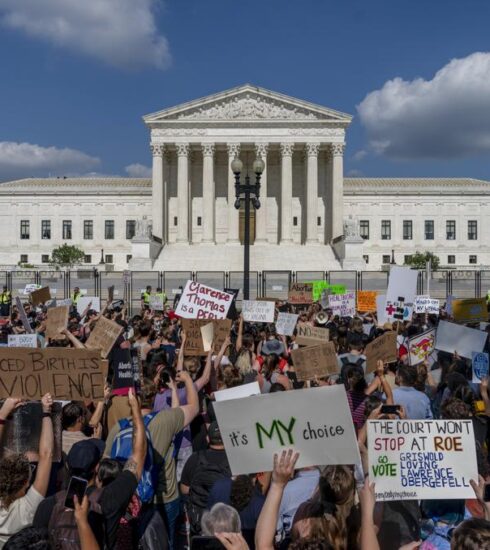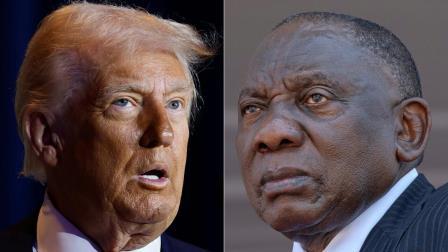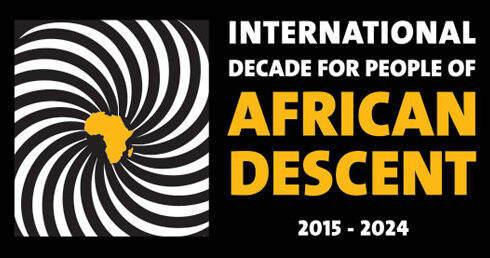In late July 2023, elements of Niger’s presidential guard began the process that eventually led to the overthrow of Mohamed Bazoum, who has been president since April 2021. The attempted overthrow of Mohamed Bazoum, who has been held captive by military coup plotters is yet another blow to democracy in West Africa. After Mali, Burkina Faso and Guinea, Niger, until now an ally of the Western world, has become the fourth country in the region to experience a Coup d’état since 2020.
A stunned world has watched in consternation the saddening situation in Niger as West Africa continues to grapple with the challenge of returning to democratic order in three countries within the region. Guinea, Mali, and Burkina Faso have had their democracies truncated by military intervention.
Bazoum sure did not come to power in 2021 under the most perfect of circumstances. In December 2020, his most prominent opponent, former president of the National Assembly, Hama Amadou, was ousted from the race in disputed circumstances. Bazoum’s election subsequently took place against a turbulent backdrop. A few days before his official inauguration, soldiers attempted to overthrow him, but had been unsuccessful.
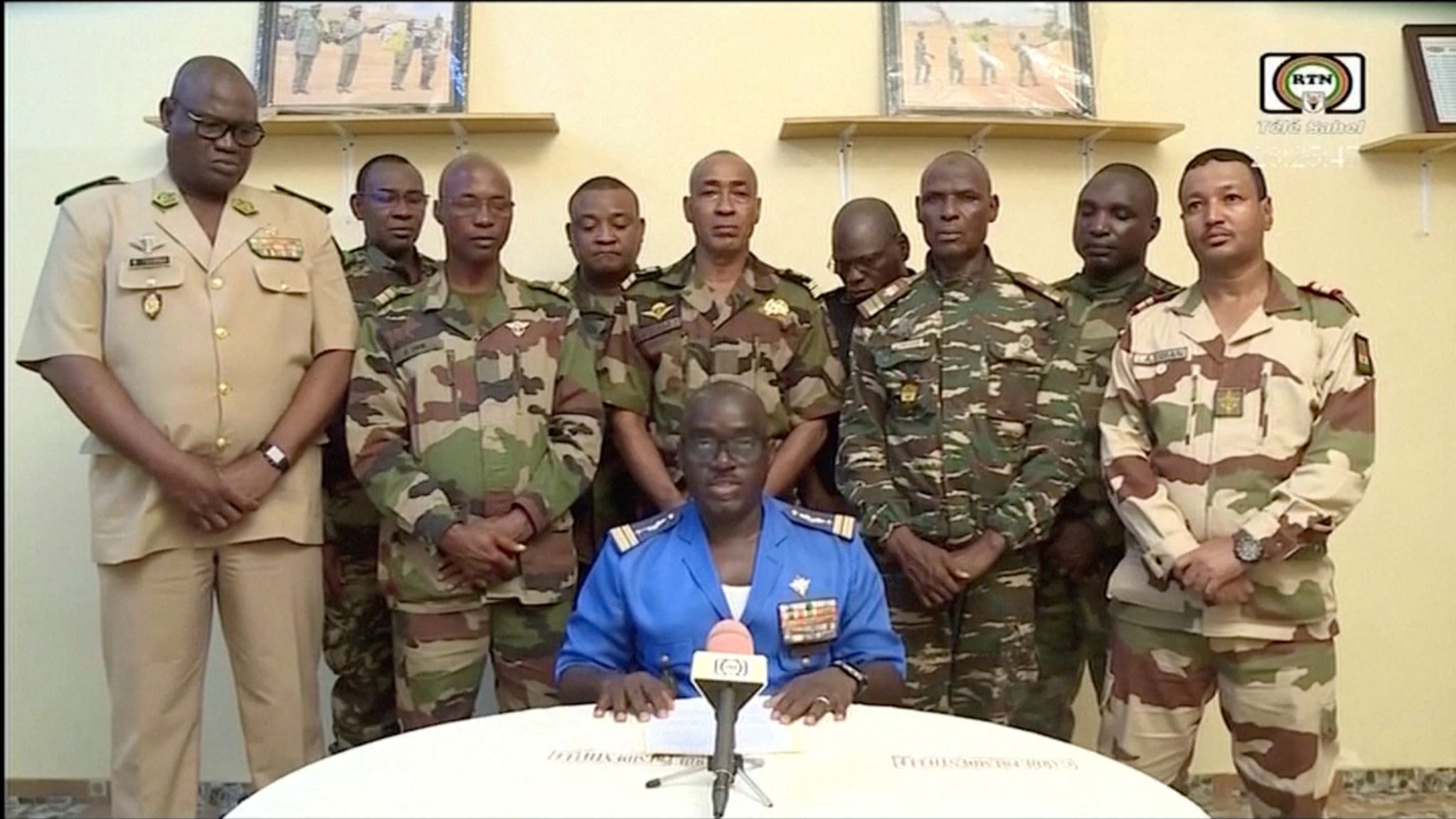
Niger army spokesman Colonel-Major Amadou Abdramane speaks during an appearance on national television, after President Mohamed Bazoum was held in the presidential palace in Niamey, Niger, July 26, 2023 . Credit -Reuters
The landlocked country has been under the siege of two Islamist insurgencies – one in the south-west, which swept in from Mali in 2015, and the other in the south-east, involving jihadists based in north-eastern Nigeria.
Militant groups allied to both al-Qaeda and Islamic State are active in the country. So, when news filtered in that another coup had taken place in Niger, making it the fourth successful coup in the sub region in the last three years, anxiety gripped members of the international community.
The Economic Community of West African States (ECOWAS), the United Nations (UN) , the European (Union), the African Union (AU) and some member countries of the international community have all risen in fury against the undemocratic takeover of power by the army in Niger. They have condemned the act and threatened sanctions against the plotters.
However, the soldiers who seized power and held President Basoum hostage have remained adamant. Days after the takeover, the junta announced 62-year Abdourahmane Tchiani, head of Niger’s presidential guard as leader of a transitional government in the West African country. The country’s borders have been closed and a nationwide curfew is in place. The plotters insist that the coup was carried out to stem ‘the gradual and inevitable demise’ of the country.
Army spokesperson Colonel-Major Amadou Abdramane said in a statement broadcast on a state-run television channel that “the defense and security forces have decided to put an end to the regime you are familiar with.”
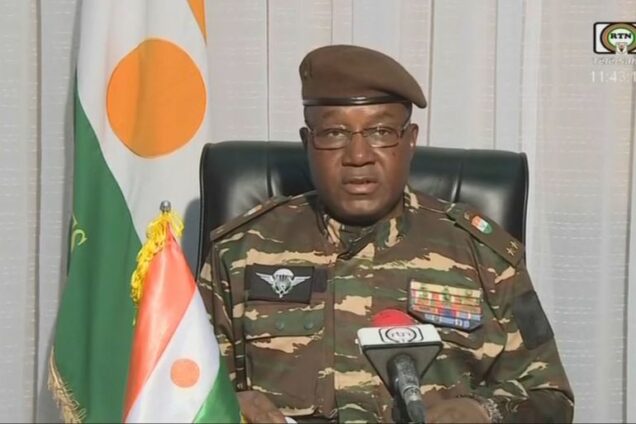
Abdourahmane Tchiani, the new Head of State of Niger Republic is a brigadier general of the Nigerien Army. Credit-Reuters
A seated Abdramane was flanked by nine members of a group which calls itself the National Council for the Safeguarding of the Country, dressed in fatigues, as he read out his statement.
“This follows the continuous deterioration of the security situation, the bad social and economic management,” he added. Ironically, General Tiani, the commander of the Presidential Guard, who all sources now say he orchestrated Wednesday’s putsch, appeared at the time to be the primary protector of the newly-elected president. Despite its fragility, the Niger government had the merit of being a legitimate civilian power on which France, the United States and the rest of the western world could rely to combat jihadism.
General Tiani also said that while Bazoum had sought to convince people that “all is going well, the harsh reality is a pile of dead, displaced, humiliation and frustration”.
“The security approach today has not brought security to the country despite heavy sacrifices,” Tchiani said even as he refused to mention a timeline for return to civilian leadership.
The Nigerian government led by President Bola Tinubu who also doubles as chair of the ECOWAS Authority of Heads of State and Government, has strongly condemned the coup d’etat. The Nigerian government said that the unconstitutional change of government is unacceptable in a time where concerted efforts are being made to stabilize the sub-region and uphold the principles of democracy and good governance.
“In line with the pronouncement of the Chair of ECOWAS Authority of Heads of State and Government, Nigeria calls for the immediate and unconditional release of President Mohamed Bazoum, his family members and other civilians being detained; and reversion to status quo ante.
“Nigeria welcomes and appreciates the support of the larger international community in urging the military authorities in Niger to respect the will of the people and return the country to constitutional order immediately,” a statement issued by Francisca K. Omayuli Spokesperson, Ministry of Foreign Affairs said on Thursday.
The United States also joined in condemning the coup and called for the release of President Mohamed Bazoum and urged the coup plotters to have respect for the rule of law and ensure public safety for all.
Matthew Miller, a spokesperson for the U.S. State Department released a statement which read in part “The United States is gravely concerned about developments in Niger. We strongly support the democratically elected President and condemn in the strongest terms any effort to seize power by force and disrupt the constitutional order. We call for the immediate release of President Mohamed Bazoum and respect for the rule of law and public safety. We echo the strong condemnation of today’s action by the Economic Community of West African States. We are monitoring the situation closely and are in communication with the U.S. Embassy in Niamey”.
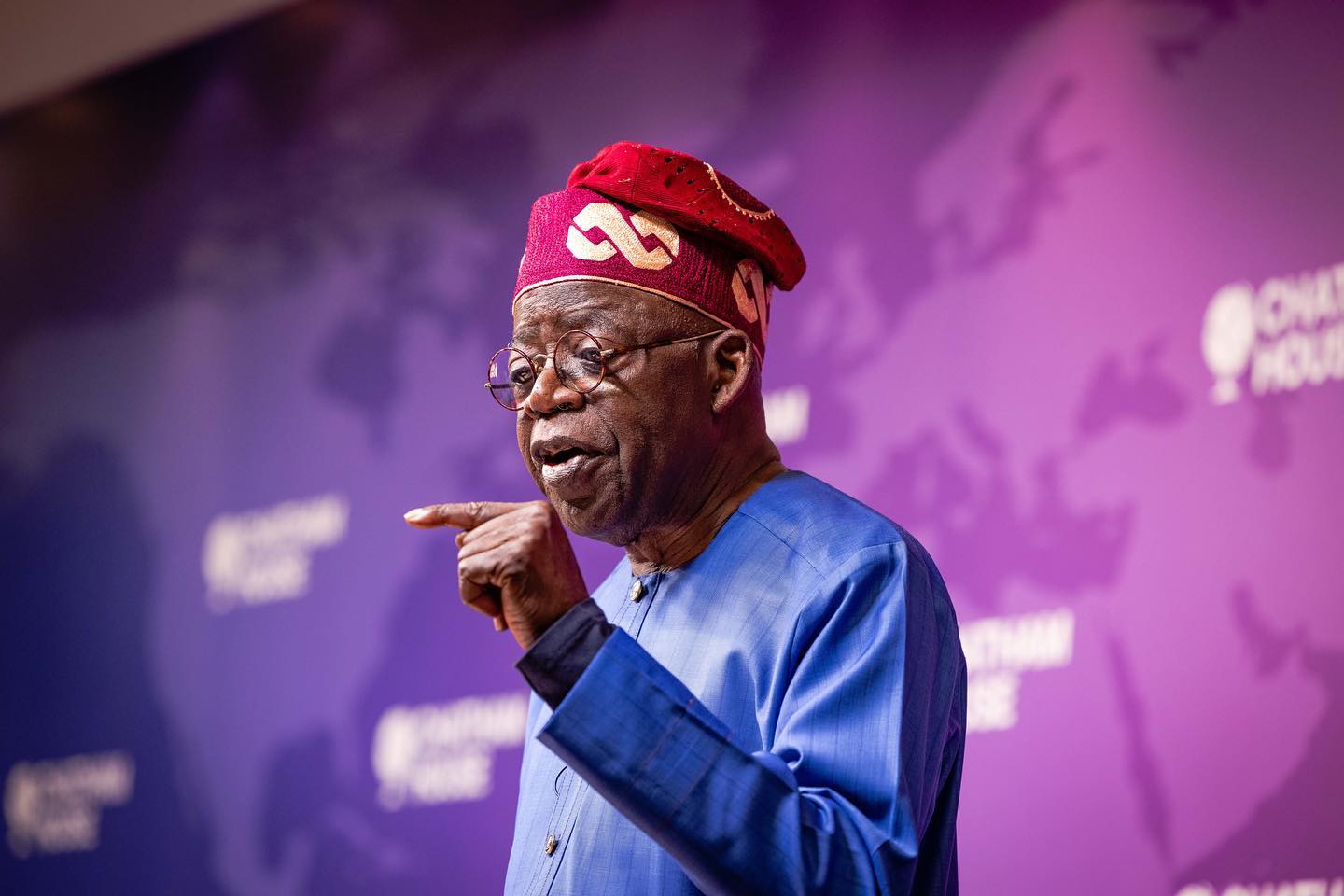
President Bola Tinubu of Nigeria who is also the ECOWAS Chairman has condemned the coup in Niger and called on the entire international community to act fast. Photo – Premium Times
There is no doubt that the recent coups d’Etat in Mali, Burkina Faso and Guinea have undoubtedly created a favorable context for Niger to follow in their wake. International condemnations and threats of sanctions no longer deter the military from overthrowing the institutions they are supposed to uphold.
In Mali and Burkina Faso, failures in the fight against jihadist groups prompted armies to turn against civilian authorities. In Guinea, and to some extent in Niger, the catalyst seems more prosaic: the refusal of the Presidential Guard to be relieved of their duties. Nevertheless, like their neighbors in Mali and Burkina Faso, Niger’s soldiers have also suffered terrible losses in the fight against the Islamists.
In combating subsidiaries of Al-Qaeda and the Islamic State group, Niger was able to find partners. France, the European Union and the US have been supporting the country for years in terms of security, development and humanitarian aid. In addition to the war against jihadism, the Europeans had hoped that Niger would act as a preliminary filter to stem the flow of migrants heading for the Mediterranean, not to mention the fact that the country is a major uranium producer.
With this Coup d’état, it is clear that support from Europe and America has not had the desired effect. The development hoped for by the population of Niger has yet to materialize. The fact that the coup plotters were trained by the West has not prevented them from taking up arms against the government.
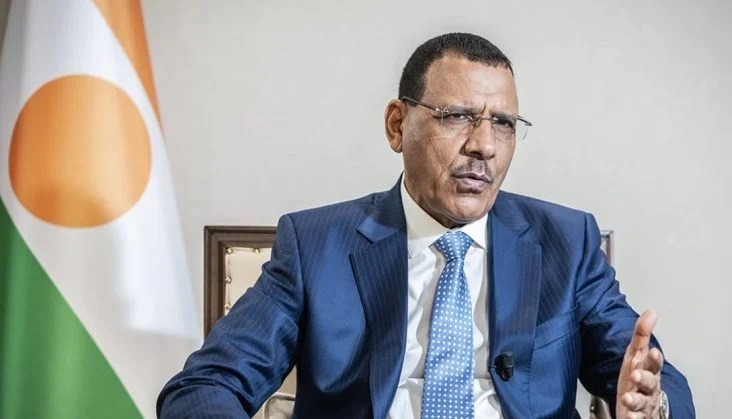
President Mohamed Bazoum of Niger Republic remains defiant even in captivity. He is so far refusing to give in to the demands of the coup plotters. Photo -Times
The fall of President Bazoum should be taken as an opportunity for America and Europe to reflect on the reasons for their successive failures in the region. The priority given to security without sufficient consideration for the living standards of the local people has shown its limits.
Meanwhile, Americans and Europeans are faced with a dilemma. A tough stance vis-à-vis the junta in Niger would push the coup leaders toward Russia, whose flags have conveniently appeared in the streets of Niamey. However, allowing this new coup to go ahead with only obligatory reactions would be interpreted as a tacit approval to attack democratically-elected authorities without fear of impunity.
While Bazoum has so far remained defiant and has promised to protect “hard-won” democratic gains in the country despite his removal, it also remains uncertain what happens next, for Niger’s people but also its foreign partners.



